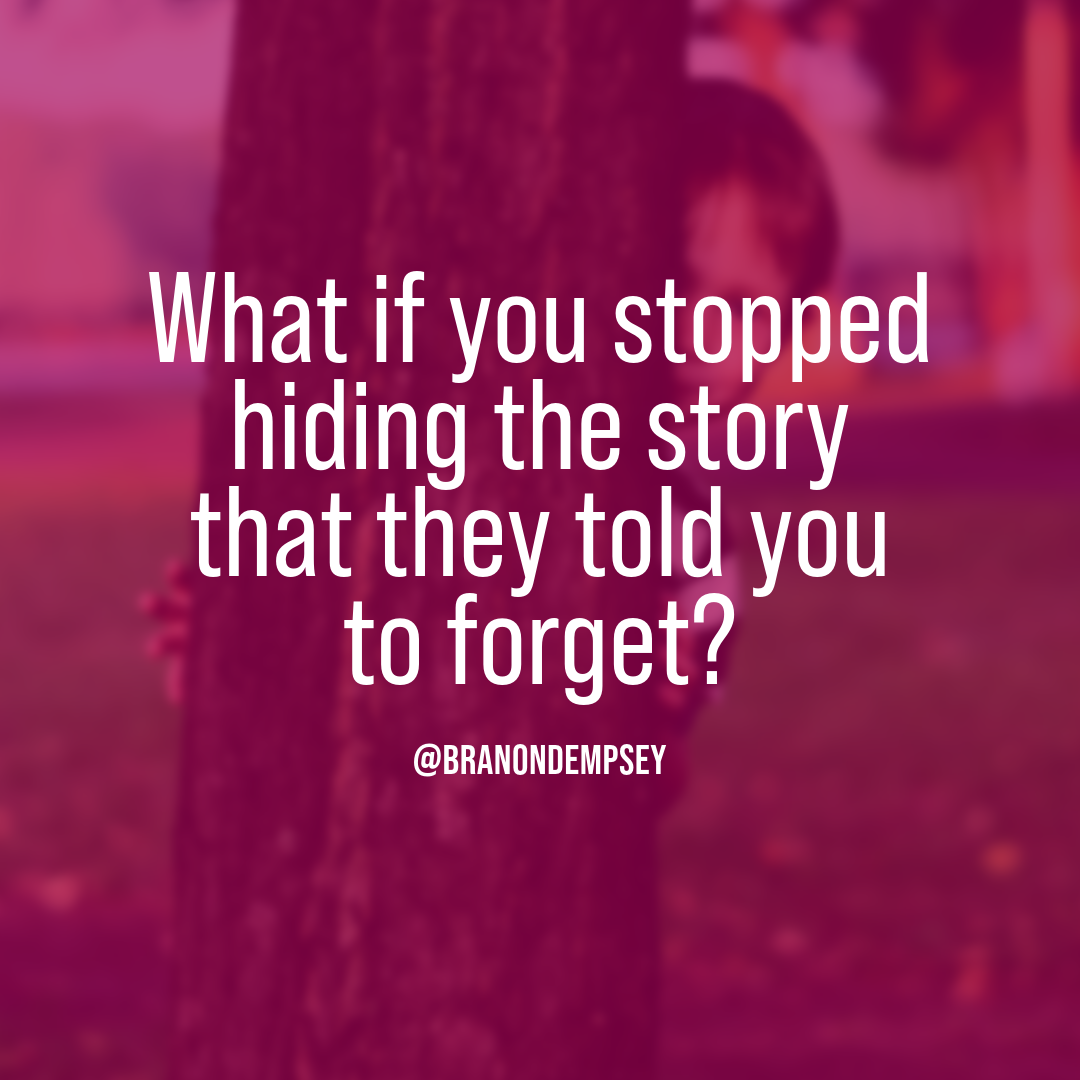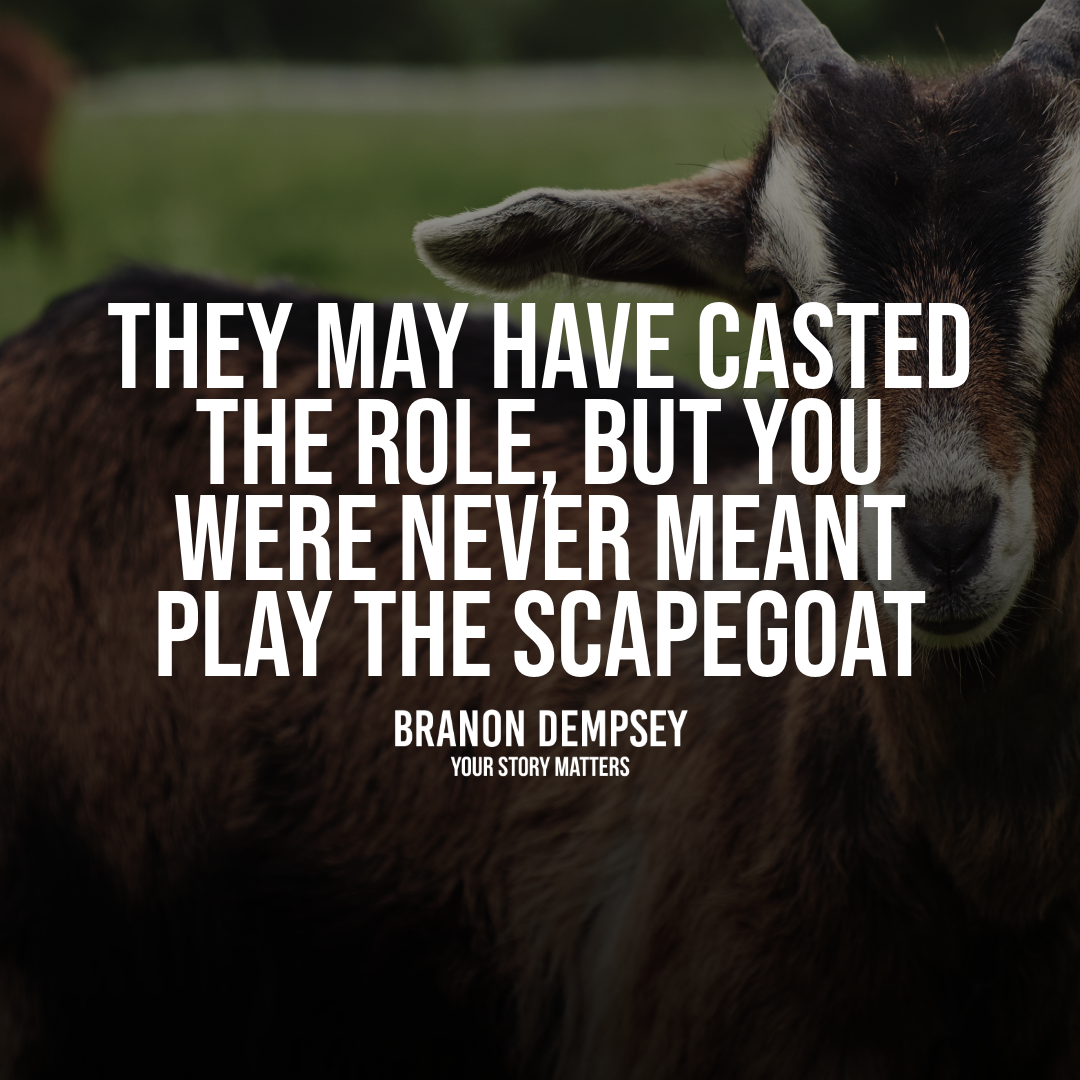An Unwelcomed Begining
As children, we often do reckless things. Growing up, I loved playing in the woods with my friends. We used to explore trails and build forts. Once, we even made a fire and pretended we were camping overnight.
Despite my father's warnings about the dangers of fire, my friends dared me to touch a burning log, promising acceptance into their group if I did. Little did I know that this so-called "club" was filled with manipulative and abusive individuals, which sparked the fire of my sexual abuse at six.
When I got home, I tried to conceal the blisters and burn marks on my hands, but my stepmother saw through my lies and identified my burnt hand. This experience taught me that in order to be accepted, I had to do things against my will and lie to endure the pain. Many survivors like me had to navigate life through distorted perspectives, believing that we would be accepted and loved in exchange for giving up our innocence and true selves.
Throughout my life, I avoided allowing myself to feel emotions because I feared they would bring back the trauma I was trying to conceal. Like my burnt hand, I didn't want anyone to see the pain I was hiding. This made growing up difficult as I learned not to trust people, not to trust myself to always be in hiding. I lived this way for decades until I was able to get help.
Into the Fire
Here's what I've learned: when you naturally turn to people for acceptance, nurturing, and protection, and then they reject you, you learn to shut down and ignore your feelings. You're convinced that what you feel does not matter. When abusers manipulate you, you have to find alternative ways to navigate through your feelings. The anger, betrayal, and frustration you feel don't go away. You're forced to find different avenues to reconcile such emotions. Alternatively, you develop another set of problems, which include dissociation, addictions, as well as desiring relationships that are not genuinely healthy.
For years, I never made a connection between how I felt in the present and my experiences from my past. But now, when I look at my burned hand, I instantly remember what happened and the pain I felt. Revisiting that past and many dangerous and darker painful events was the most complex work I've ever experienced. But now that I’m healing, I realize that I'm no longer afraid of acknowledging what happened to me. Like my hand, I've slowly developed the confidence to no longer be afraid. I’m also no longer afraid to let myself be loved.
Healing From The Flames
Healing from emotional pain is like recovering from a burn. The fire of past abuse and trauma may have left scars, but the flames are no longer consuming you. Even today, when those same emotions resurface, it can feel as though you’re still in the fire. The pain feels real, immediate, and overwhelming.
But in those moments, I’ve learned to pause and look at my hands. They remind me that the injury is no longer happening. The fire is gone. While I may feel the ache inside, the outside shows me a truth I sometimes forget—I am healing. My hands, like the rest of me, bear the marks of survival, but they also reveal the progress I’ve made.
I am in a process of renewal, learning to live forward. I am no longer in the same situation that once broke me. Each day, I rediscover how to love and how to receive love—not through fear, but in safety and intention, as it was always meant to be. Healing isn’t linear, but with each step, I leave the fire behind and walk into a life of freedom and hope.
You won't heal what you can't feel.
- Branon
Copyright 2024 Branon Dempsey / Your Story Matters
All Rights Reserved. Admin by WTT Productions
@BranonDempsey
✅ Does this content resonate with you? Your Story Matters may be the right page for you to like, share and follow!
#YourStoryMatters #NarcissisticAbuseRecovery #TraumaHealing #TellTheTruth #GaslightingAwareness #BranonDempseyWrites
Articles That Matter


